

Visible Roots

Every Month is Black History Month

Editor's Note
Welcome to the 8th Issue of Visible Roots, the Global Diversity Magazine of The International School of Dakar!
In this edition, we proudly celebrate Black History Month. While February is recognized as Black History Month in the United States, for us at ISD, we know that every month is Black History Month. We believe that honoring the contributions, triumphs, and achievements of Black individuals should be a continuous and intentional effort, embedded in our learning and community year-round.
In this issue, we choose to highlight voices that may not always be in the spotlight during Black History Month. Our goal is to broaden the scope of Black excellence by showcasing individuals whose stories deserve to be heard and celebrated From historical leaders to cultural icons, these profiles offer just a glimpse into the rich culture of the African diaspora's contributions to history and society. We acknowledge that this collection is not exhaustive, and many influential names are not included here Any omissions are not intentional but rather a reflection of the vast and diverse legacy of Black history. Unlike our previous editions, each page here stands as a unique poster, without the usual media links. Our selection is meant to inspire you to continue exploring and learning beyond these pages. Previous Visible Roots have also showcased a large range of important voices, so please check them out if you haven’t already!
Warm regards,
Cecê Ovelar Editor, Visible Roots

MIJAIN LOPEZ
Most Successful Olympian of all Time!

Every Month is Black History Month!

Mijaín López, born on August 20, 1982, in Los Palacios, Cuba, is a legendary Greco-Roman wrestler and one of the most successful Olympians ever. Standing 1.98 meters tall and nicknamed "El Terrible," López made history by winning five consecutive Olympic gold medals (2008, 2012, 2016, 2020, and 2024) in the 130 kg category, becoming the only athlete in history to ever achieve this record in the same individual event.

BENJAMIN BANNEKER
Legendary Mind
Benjamin Banneker (1731–1806) was a self-taught African American mathematician, astronomer, and inventor who made significant contributions to early American science. Known for creating the first wooden clock in the U.S. and publishing an accurate almanac, Banneker’s work earned him recognition from prominent scientists of the time. He also played a role in the surveying of Washington, D.C.,assisting in the layout of the city. A vocal advocate for racial equality, Banneker wrote a famous letter to Thomas Jefferson in 1791, challenging the justification for slavery and asserting the capabilities of African Americans.



Every Month is Black History Month!
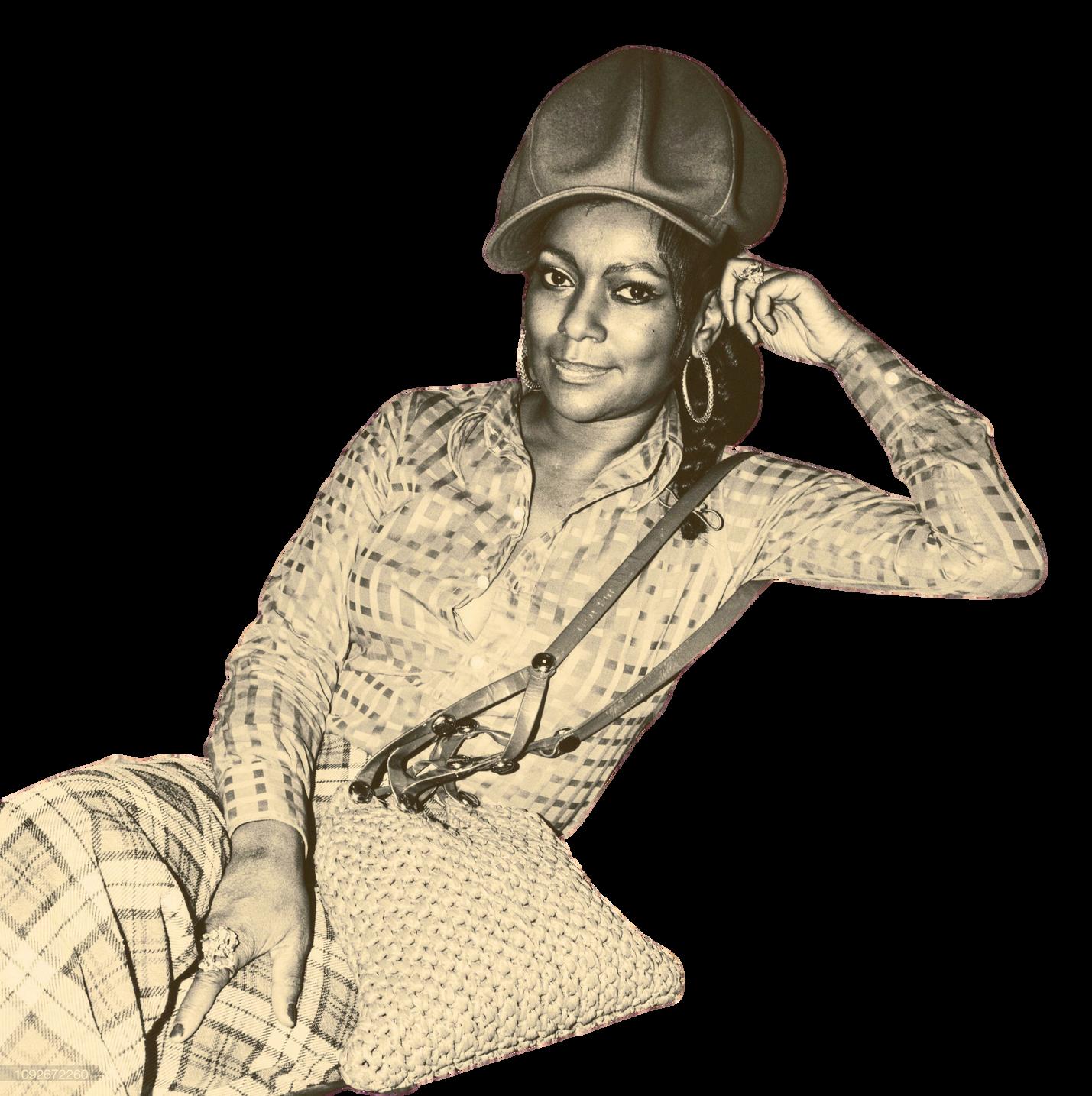
The Mother of Hip Hop
SYLVIA ROBINSON
Sylvia Robinson, known as the "Mother of Hip Hop," was a pioneering figure in the music industry. As a singer, songwriter, and producer, she co-founded Sugarhill Records, which released the first-ever rap song, "Rapper’s Delight," by The Sugarhill Gang in 1979. Robinson's work helped bring hip hop into mainstream consciousness and lay the foundation for the genre's global influence.

Every Month is Black History Month!
STEVE BIKO




A Legacy of Courage
Steve Biko was a South African anti-apartheid activist and a powerful voice in the Black Consciousness Movement, which sought to empower Black South Africans and affirm their cultural identity. Through his leadership, writings, and activism, Biko inspired a generation to resist racial oppression and reclaim their dignity. Tragically, his life was cut short when he died in police custody in 1977, but his legacy lives on as a symbol of courage, resilience, and the fight for justice. His contributions remain a cornerstone of South Africa's journey toward equality and freedom.
Every Month is Black History Month!
MANSA MUSA
The Golden Legacy of Mali
Mansa Musa, the 14th-century emperor of the Mali Empire, is often regarded as one of the wealthiest people to have ever lived. His reign was known for immense prosperity, cultural flourishing, and the expansion of trade across West Africa. Mansa Musa is best remembered for his legendary pilgrimage to Mecca in 1324, during which he displayed extraordinary generosity, distributing gold and wealth along his route. His commitment to education and Islamic scholarship helped transform Timbuktu into a center of learning and culture, leaving a lasting legacy of African excellence and influence.
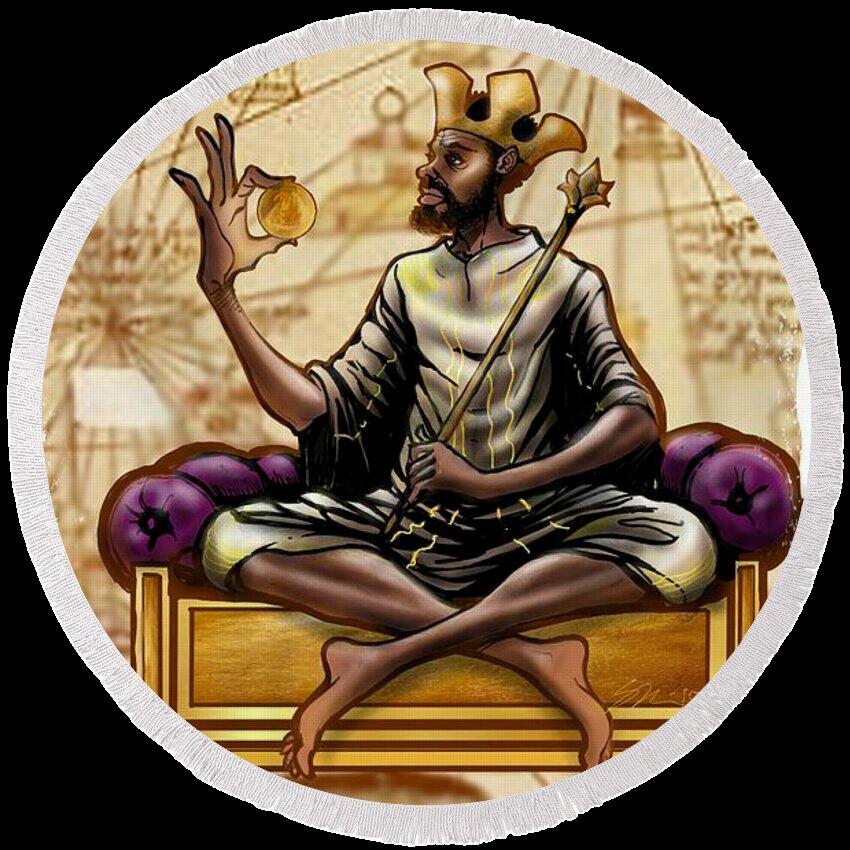
Every Month is Black History Month!

FELA KUTI
The Revolutionary Sound of Afrobeat
Fela Kuti was a Nigerian musician, political activist, and pioneer of Afrobeat, a genre that fused traditional African rhythms with jazz, funk, and highlife. His music became a powerful tool for resistance, boldly critiquing government corruption, oppression, and social injustices in Nigeria and beyond. Known for his fearless activism and largerthan-life presence, Fela used his music to amplify the struggles of the oppressed. Despite facing imprisonment and persecution, his legacy endures as a symbol of rebellion, resilience, and the unifying power of music.


Every Month is Black History Month!
SOJOUR TRUTH

al
abolitionist and women's rights activist born into slavery in 1797 in New York. After gaining her freedom in 1826, she dedicated her life to fighting for the rights of both African Americans and women. Truth is best known for her iconic speech, "Ain't I a Woman?" delivered at the 1851 Women's Rights Convention in Akron, Ohio, where she challenged prevailing notions of racial and gender inequality. A powerful orator, Truth also worked tirelessly to advocate for the abolition of slavery, equal rights, and the empowerment of women.


Every Month is Black History Month!
CHINUA ACHEBE
The Voice of African Literature

Chinua Achebe, often called the "Father of African Literature," was a Nigerian author and cultural icon whose works profoundly reshaped the global narrative about Africa. His seminal novel, Things Fall Apart (1958), explored the complexities of pre-colonial Nigeria and the devastating impact of colonialism. Achebe's storytelling celebrated Igbo traditions while critiquing the injustices of British imperialism. Through his vivid prose, he challenged stereotypes and inspired generations of writers.
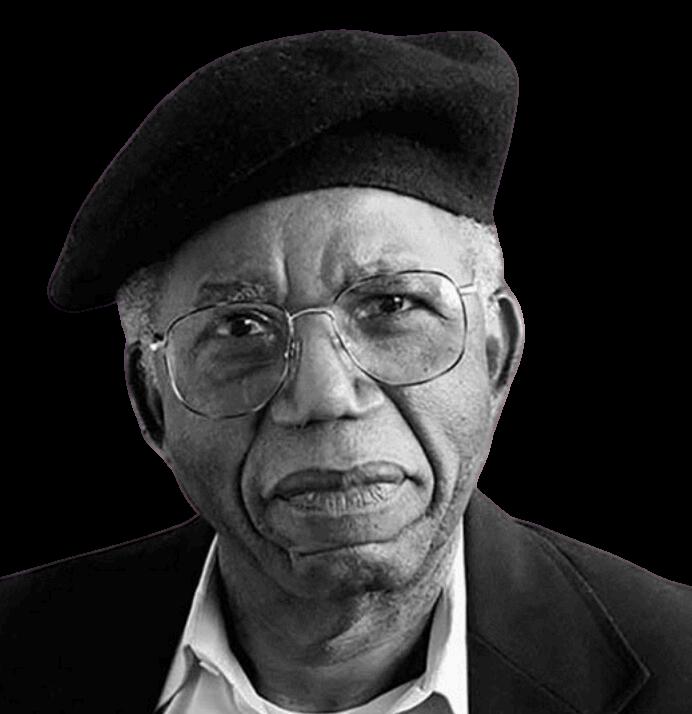

Every Month is Black History Month!
MALIK AMBAR
Slave to Leader

Malik Ambar (born with the name Chapu) was an Ethiopian slave, who rose to become a powerful military leader and prime minister of the Ahmadnagar Sultanate in 16th-century India. Known for his remarkable strategic mind, he played a crucial role in resisting the Mughal Empire's expansion into southern India. Ambar's leadership not only helped preserve the independence of the Deccan Sultanates but also laid the groundwork for the rise of the Maratha Empire. His legacy as a fierce warrior and brilliant tactician remains a significant chapter in Indian history, showcasing the impact of Africandescended figures in the subcontinent's political landscape.

Every Month is Black History Month!
NINA SIMONE
The Voice of Soul and Social Justice
Nina Simone was an iconic American singer, songwriter, and activist whose music transcended genres, blending jazz, blues, classical, and gospel.
Known as the "High Priestess of Soul," Simone used her powerful voice and piano skills to address social and racial issues in the 1960s, becoming a prominent figure in the Civil Rights Movement. Her songs, such as "Mississippi Goddam," "Feeling Good," and "I Wish I Knew How It Would Feel to Be Free," captured both the pain of oppression and the hope for liberation. Simone's unapologetic stance on racial injustice, combined with her unique musical style, made her an influential figure unlike anyone before her.


Every Month is Black History Month!
NGOZI OKONJOIWEALA
Shaping Global Economic Leadership

Ngozi Okonjo-Iweala is a Nigerian economist and global leader known for her groundbreaking work in international development and finance. She made history in 2021 as the first woman and the first African to serve as the Director-General of the World Trade Organization (WTO). Okonjo-Iweala’s career spans roles as Nigeria’s Finance Minister and as a Vice President at the World Bank, where she led initiatives to combat poverty and improve economic policies in developing countries.
Renowned for her expertise in global economics, she has been an advocate for fair trade, debt relief for developing nations, and gender equality in the workforce.

Every Month is Black History Month!
CICELY TYSON
Breaking Barriers in Hollywood
Cicely Tyson was a trailblazing American actress and cultural icon whose career spanned over 7 decades. Known for her powerful portrayals of strong, dignified Black women, she broke barriers in Hollywood, often choosing roles that challenged stereotypes and highlighted the complexities of the African American experience. Tyson won an Emmy Award for her role in The Autobiography of Miss Jane Pittman (1974), and became the first Black woman to receive an honorary Academy Award in 2018. Throughout her career, she advocated for racial equality and used her platform to empower and inspire through her work both on and off-screen.


Every Month is Black History Month!
WINDRUSH GENERATION
An Influential Shift
The Windrush Generation refers to the Caribbean men and women who migrated to the UK between 1948 and 1971, primarily from Jamaica, Trinidad and Tobago, and Barbados, to help rebuild postWWII Britain. Their contributions shaped British society, particularly in industries like transportation and healthcare.
Culturally, the Windrush Generation influenced British music, art, and food, with the rise of reggae, ska, and the birth of the Notting Hill Carnival. Their legacy continues to be integral to Britain's multicultural identity.
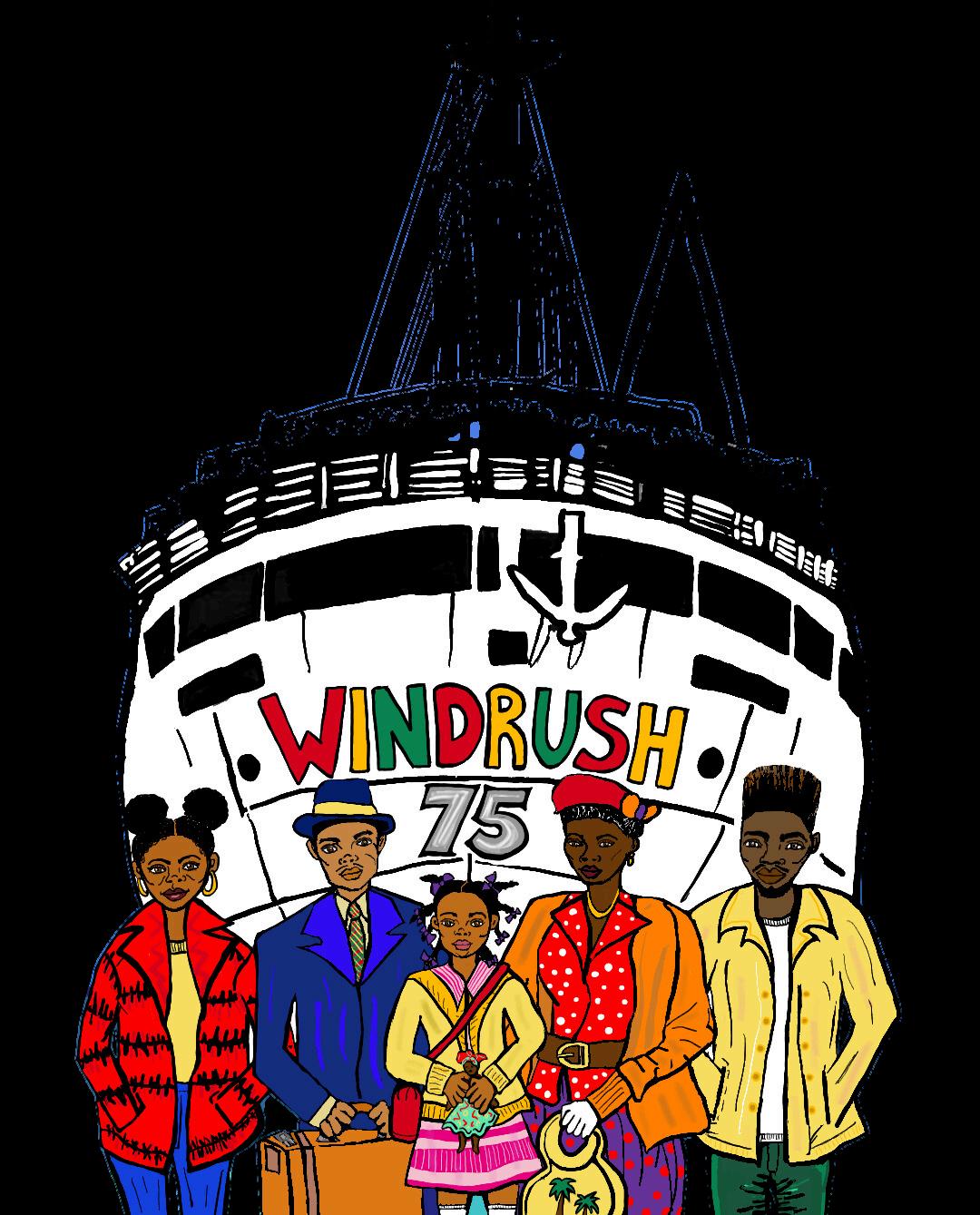

Every Month is Black History Month!
MC SOLAAR
Hip Hop Legend
MC Solaar, born Claude M'Barali in Senegal in 1969, is a legendary French rapper known for his poetic lyrics and intellectual approach to hiphop. His music blends jazz, funk, and African influences, addressing themes like identity, social issues, and history. Rising to fame in the 1990s with his debut album "Qui sème le vent récolte le tempo", MC Solaar became one of the most successful and respected figures in French rap. His complex wordplay and socially conscious messages set him apart, making him a key player in shaping French hip-hop history.


Every Month is Black History Month!
JOSEPHINE BAKER
AStarofStage,Screen,and Activism


Josephine Baker was a groundbreaking American-born French dancer, singer, and actress who became one of the most influential and celebrated entertainers of the 20th century. She achieved international fame in Paris during the 1920s, where she became a symbol of the Jazz Age and a trailblazer for Black performers in Europe. Baker was also an outspoken civil rights activist and a key figure in the French Resistance during World War II, smuggling messages and aiding in the fight against the Nazis.

Every Month is Black History Month!
LAETITIA KY
Activism Through Hair


Laetitia Ky is an Ivorian artist, activist, and author known for her innovative use of hair as a medium for powerful artistic expression. Through intricate and stunning hair sculptures, she addresses themes of feminism, identity, mental health, and societal issues. Her work blends creativity with activism, celebrating African culture while challenging stereotypes and advocating for women’s empowerment. Laetitia's art has gained global recognition for its originality.

Every Month is Black History Month!
CLAUDETTE COLVIN
15-year-old Activist

Claudette Colvin was a brave 15year-old who made history in 1955 by refusing to give up her seat on a segregated bus in Montgomery, Alabama, nine months before Rosa Parks' similar protest. Though her arrest went largely unrecognized at the time, Colvin’s act of defiance was a key moment in the Civil Rights Movement. She later became one of the plaintiffs in the landmark case Browder v. Gayle, which led to the desegregation of public buses in Montgomery. Colvin’s courage helped lay the groundwork for the Montgomery Bus Boycott and the broader struggle for racial justice.

Every Month is Black History Month!
VANESSA NAKATE

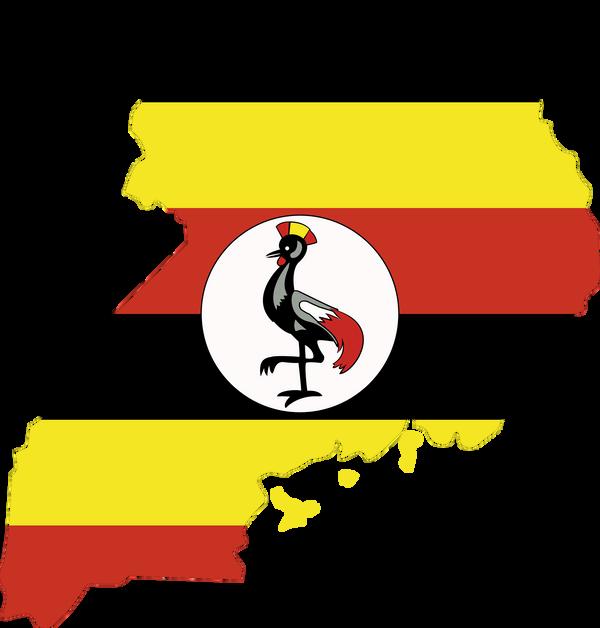
Vanessa Nakate is a Ugandan climate justice activist and a prominent voice for environmental equity and sustainability in Africa. She gained international recognition for her advocacy, focusing on the disproportionate effects of climate change on African nations and marginalized communities. Through her campaigns, such as the Rise Up Movement, Nakate amplifies the need for inclusive climate solutions and the empowerment of youth. ChampioningClimateJusticeforAfrica

Every Month is Black History Month!
JESSE OWENS
Jesse Owens was an American track and field athlete who became a global symbol of excellence and defiance during the 1936 Berlin Olympics. Despite the oppressive backdrop of Nazi Germany, Owens made history by winning four gold medals in the 100 meters, 200 meters, long jump, and 4x100 meter relay, challenging Adolf Hitler’s racial ideologies in front of a worldwide audience. His victories not only cemented his place as one of the greatest athletes of all time but also served as a powerful statement against racism and discrimination.


Every Month is Black History Month!
QUEENNANNY

Architect of Jamaican Maroon Resistance
Born in the 17th century in what would become Ghana, Nanny was enslaved and transported to Jamaica, where she escaped to the rugged Blue Mountains, establishing a Maroon (escpaed slave) community. As the spiritual and military leader of the Windward Maroons, Queen Nanny employed guerrilla warfare tactics, outsmarting and resisting British forces. She was known for strategic brilliance and secured autonomy for her people through peace treaties and defended their freedom fiercely. Today she is seen as a symbol of resistance, and National Heroes Day in Jamaica honors her contributions.


HAITIAN REVOLUTION
1791-1804
The Haitian Revolution was a pivotal moment in Caribbean history and the broader struggle against slavery. Enslaved Africans in the French colony of Saint-Domingue, inspired by the ideals of the French Revolution, revolted and established the independent nation of Haiti in 1804, led by Toussaint Louverture. It remains the only successful slave revolt in history, challenging European colonial powers and inspiring movements for freedom across the Caribbean.



Every Month is Black History Month!
FUNMILAYO RANSOME-KUTI

A Trailblazing Force for African Women's Rights
Funmilayo Ransome-Kuti played a pioneering role in championing women's rights and political activism. Born in Nigeria in 1900, Funmilayo became a forceful voice against British colonial rule and a prominent leader in the Nigerian women's suffrage movement. As the first Nigerian woman to drive a car, she symbolized progress and challenged traditional gender norms. Funmilayo's efforts extended to education, health, and social justice, earning her the affectionate title "The Mother of Africa." Despite facing imprisonment and persecution, she fearlessly fought for the rights of African women until her tragic death in 1978.

Every Month is Black History Month!
NGUGIWA THIONG'O
Advocate for African Languages

Ngugi wa Thiong'o has made huge contributions to decolonizing African literature and championing the use of indigenous languages. Born in Kenya in 1938, Ngugi's early works, written in English, gained international acclaim. However, he later took a transformative turn as he adopted a commitment to writing in Gikuyu, his native language, as a form of cultural resistance against colonialism. This decision led to his imprisonment and exile. Ngugi's literary masterpieces, such as "Weep Not, Child" and "Petals of Blood," resonate with themes of decolonization and the African experience. Beyond his literary prowess, Ngugi's activism extends to advocating for education, language rights, and cultural preservation in Africa.

Every Month is Black History Month!
NDATÉYALLA MBODJ

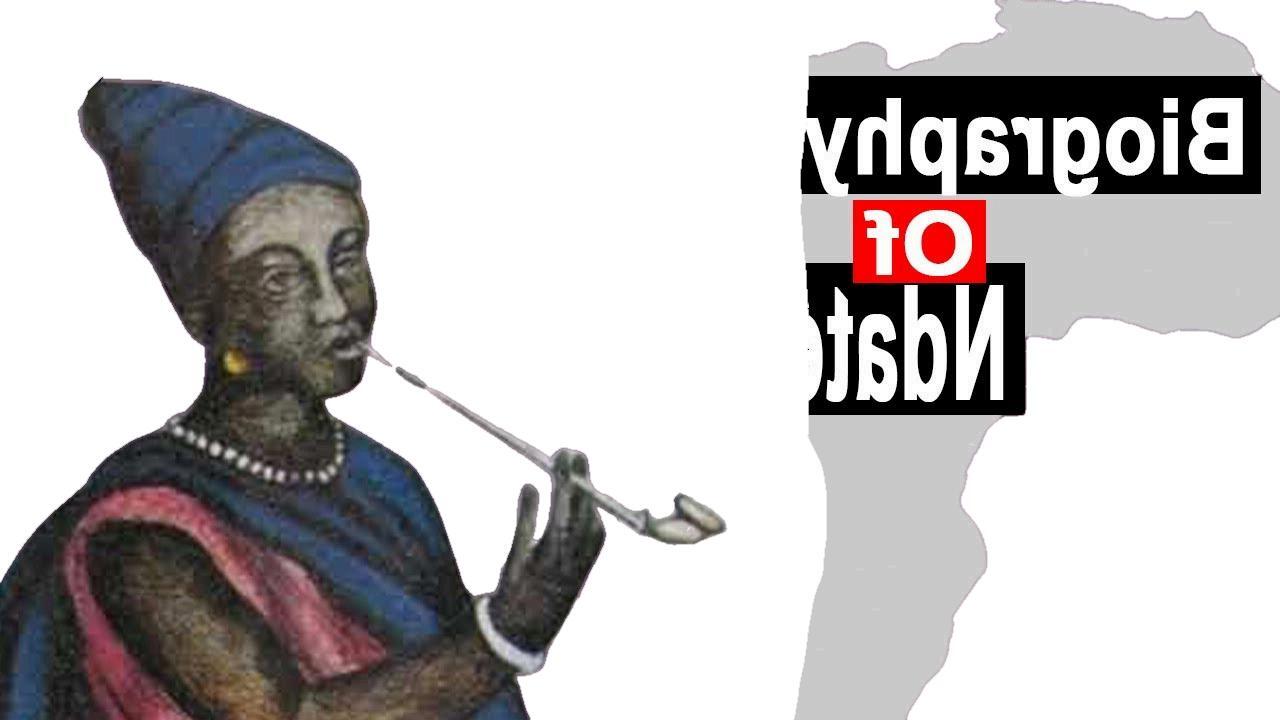
Known for her fierce resistance against French colonization and Moorish invasions, she ruled from 1846 to 1855, succeeding her sister Ndjeumbeut Mbodj. A powerful leader and symbol of African resistance, she and her husband, Marosso Tassé Diop, fought valiantly against the French army, culminating in the Battle of Dioubouldy in 1855. Despite Waalo’s fall, her defiance and leadership left a lasting legacy in Senegalese history.

Every Month is Black History Month!
The last Lingeer (Queen) of Waalo
ZUMBIDOS PALMARES
An Afro-Brazilian Warrior's Legacy
Zumbi of Palmares symbolizes resistance and freedom for AfroBrazilians. Born free, he was captured by Portuguese slavers, but his escape led him to Quilombo dos Palmares, a haven for escaped slaves. Zumbi's rise to kingship marked a period of strategic power which included successful raids on slave plantations, freeing Africans and weakening Portugal's grip on Brazil. Zumbi innovated sustainable agricultural practices and influenced AfroBrazilian culture. His impact on escape as a resistance to slavery make Zumbi an iconic figure, immortalized in literature, music, art, and folklore.


Every Month is Black History Month!

MIRIAM MAKEBA
The Voice of a Generation



Every Month is Black History Month!
Miriam Makeba, known as "Mama Africa," was a South African singer and civil rights activist. With her powerful voice and fusion of traditional African music with jazz and pop, she became an international icon. Makeba used her platform to speak out against apartheid, leading to her exile from South Africa for nearly three decades. Despite this, she continued to advocate for human rights until her passing in 2008.
HALIE SELASSIEI


Every Month is Black History Month!
Father of Modern Ethiopia
Haile Selassie I was the Emperor of Ethiopia from 1930 to 1974 and a defining figure in modern African history. Known for his efforts to modernize Ethiopia, he played a crucial role in resisting Italian invasion during World War II and became a symbol of African independence and unity. A key founder of the Organization of African Unity (OAU), he championed panAfricanism and international cooperation. Revered by followers of the Rastafari movement as a divine figure, Haile Selassie's legacy continues to inspire movements for justice and dignity across the globe.
EL ANATSUI

Unlike anyone else


Every Month is Black History Month!
El Anatsui is a celebrated Ghanaian sculptor and artist known for his large-scale installations made from discarded materials, particularly metal bottle caps. Anatsui’s art has gained international acclaim for its intricate beauty, combining traditional African craftsmanship with contemporary artistic practices. His famous installations, such as ‘Earth's Skin’, turn everyday objects into monumental sculptures, commenting on issues like waste, colonialism, and the environment.
WANGARI MATHAI



Every Month is Black History Month!

Building the future we need
Wangari Maathai was a Kenyan environmentalist and Nobel laureate known for founding the Green Belt Movement, which focused on tree planting, environmental conservation, and women's rights. She was the first African woman to receive the Nobel Peace Prize in 2004 for her work in sustainable development and democracy. Maathai's legacy continues to inspire environmental activists and women's rights advocates worldwide.
MARIAMA BÂ
Senegal’smostimportantwriter

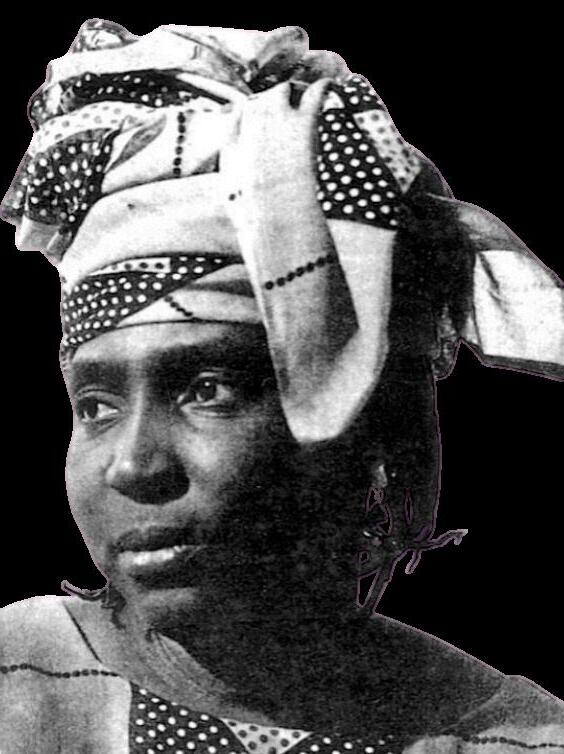

Every Month is Black History Month!
Mariama Bâ was a pioneering Senegalese author and feminist, born in Dakar in 1929. She is celebrated for her insightful exploration of gender roles, societal expectations, and the complexities of relationships in Senegalese society. Her most famous work, "Une si longue lettre" (So Long a Letter), published in 1980, is a novel that captures the struggles and triumphs of women in post-colonial Senegal. Through her writing, Bâ challenged traditional norms and advocated for the rights and autonomy of women.
WOLE SOYINKA
Groundbreaking Playwright


Every Month is Black History Month!
Wole Soyinka is a famous Nigerian playwright, poet, and essayist, best known for being the first African to win the Nobel Prize in Literature in 1986. His works often explore themes of political corruption, tyranny, and human rights, blending traditional African theater with Western literary forms. Soyinka's activism, both in his writing and personal life, has made him a prominent figure in global literature and a strong critic of oppressive regimes, especially in his home country of Nigeria. His most famous works include “A Dance of the Forests” and “Death and the King's Horseman”.
MASS INSURRECTIONOF KOMWOMEN


The Mass Insurrection of Kom Women in 1958 was a significant uprising against French colonial rule in Cameroon. Sparked by grievances over forced labor and taxation, Cameroonian women led protests and acts of civil disobedience, demanding freedom from oppression. This event highlighted the resilience of Cameroonian women in the struggle for independence and is remembered as a pivotal moment in the country's history. Every Month is Black History Month!
CHEIKHAHMADOU BAMBA
Liberation through peace

Cheikh Amadou Bamba was a Senegalese religious leader, Sufi mystic, and founder of the Mouride Brotherhood. Born on April 1853 in the village of Mbacké, Senegal, Cheikh Ahmadou Bamba dedicated his life to spiritual pursuits and the teachings of Islam. He preached peace, humility, and devotion to God, advocating against colonial oppression. Bamba's teachings emphasized the importance of hard work, education, and service to others. Despite being exiled to Gabon by French colonial authorities for his influence and opposition to their rule, he remained steadfast in his faith and commitment to his followers. Today, Cheikh Amadou Bamba is revered as a national hero in Senegal.

Every Month is Black History Month!

"Do the Right Thing" (1989), directed by Spike Lee, is a powerful drama set in a Brooklyn neighborhood during a scorching summer day. The film explores racial tensions, social injustice, and community dynamics through the lives of various residents, particularly focusing on Mookie, a young Black man who works at Sal's pizzeria. As the heat rises, so does the tension, culminating in a tragic confrontation that forces the characters—and the audience— to confront the complexities of race, prejudice, and morality in America. The film is widely acclaimed for its thoughtprovoking portrayal of systemic racism and its openended examination of what it means to "do the right thing."


Every Month is Black History Month!
MAUMAU UPRISING


y Black History Month!
The Mau Mau Uprising (1952–1960) was a rebellion in Kenya against British colonial rule, primarily led by the Kikuyu people who were protesting land dispossession, forced labor, and exploitation. Key leaders included Jomo Kenyatta (who later became Kenya’s first president), General China, and Dedan Kimathi, who became a symbol of resistance. The insurgents, known as Mau Mau, waged a violent guerrilla campaign, while the British responded with harsh repression, including mass arrests and torture. Although the uprising was suppressed, it played a pivotal role in Kenya's eventual independence in 1963. The legacy of the conflict remains controversial, as it highlighted both the brutalities of colonialism and the fight for justice and freedom.

